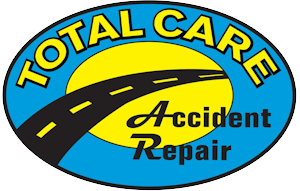After a car accident, drivers often have many questions about what will happen to their car. There are two types of cars – unibody and body-on-frame. For a long time, if the car’s unibody was damaged, it meant the car was done. But over the course of time, automotive technology has advanced, and in some situations, unibody damage can be repaired.
As a full service collision repair shop, one of the services we offer is structural and suspension repairs for vehicles. Our team has the specialized training – and our shop has the necessary high-tech tools – to straighten the unibody structure as needed for major repairs.
But Will My Car Be Totaled?
The decision whether or not a car will be totaled is ultimately made by the insurance company. They use a number of factors to make this decision, including the age and value of the car relative to the cost of necessary repairs.
As part of our process, we work with insurance companies to achieve an honest, objective assessment of your car’s condition and the likelihood of successful unibody repair. We also provide estimates for the cost of these repairs. If your insurance company approves the repairs, we will work with you to file all necessary claim paperwork. If you need a rental car while your vehicle is in the shop, we can help with that.
What Type of Cars Have Unibodies?
Many modern cars have unibodies, including very popular models from Toyota, Ford, and Honda. It’s also not unusual for a SUV to have a unibody. Many people are curious if they can detect damage to the car’s unibody themselves. Sometimes this is very easy, if the damage is visible. More subtle signs of damage include a new difficulty in opening or closing the vehicle doors, as well as noticing that the car no longer drives straight forward and seems to be newly out of alignment.
